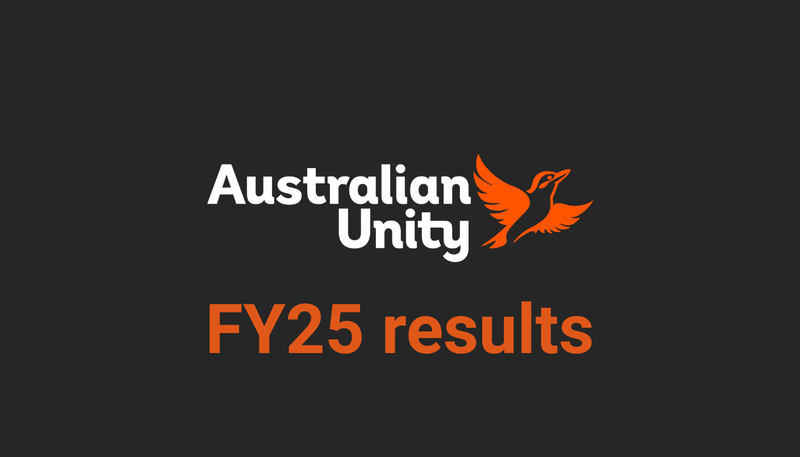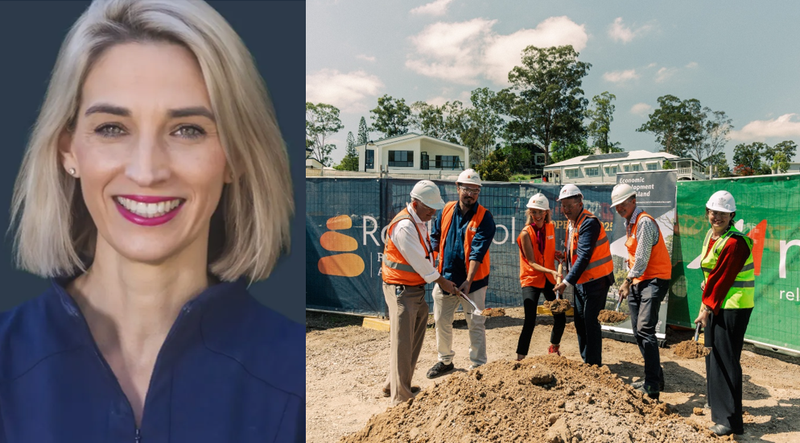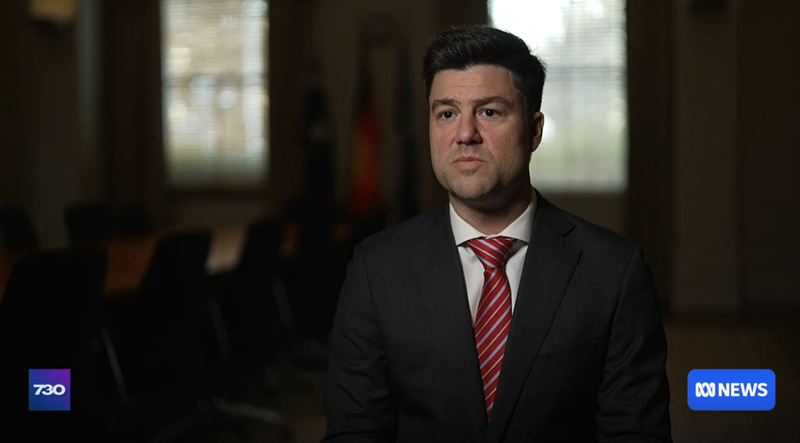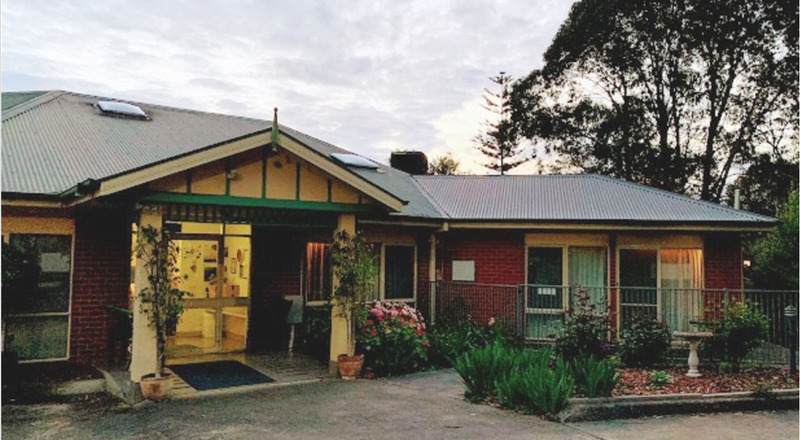Attention residential care operators: ABC report highlights Public Guardianship limitations
Last week’s ABC report by Anne Connolly on Dan (not his real name), who is being required to live in residential aged care despite his desire to move home, points to the challenges for aged care operators when a resident is deemed to have lost...

Last week’s ABC report by Anne Connolly on Dan (not his real name), who is being required to live in residential aged care despite his desire to move home, points to the challenges for aged care operators when a resident is deemed to have lost capacity and they have no substitute decision maker in place.
The ABC report raises “a very challenging issue that I am sure many approved providers who deliver care and services to care recipients with dementia need to grapple with,” said a senior aged care legal expert who is not familiar with the individual circumstances of this case so preferred to remain nameless. “Unfortunately, the best way for care recipients with dementia to protect against ending up in circumstances such as those described in the article is to have a strong support network of family and friends around them,” they said.
It’s essential to have decision-making arrangements in place such as an enduring power of attorney so the care recipient knows that if they lose capacity to make decisions for themselves they have a person who can make decisions on their behalf, the expert said. “If the approved provider cannot receive instructions from a care recipient because they have lost decision-making capacity... and alternative decision-making arrangements are not in place... the approved provider will need to take steps to have a substitute decision-maker appointed for the care recipient,” the lawyer said. Dan, who is living with dementia, lives in a WA aged care home owned by private operator Hall & Prior.
Hall & Prior told The Weekly SOURCE, “When a resident in our care is unable to give informed consent about care and accommodation options, our nurse leaders look to family to be the resident’s appointed decision maker. “When no family members are willing or able to take this role, we will ask the State Administrative Tribunal to appoint someone to make decisions on behalf of the individual.”
Little protection
The legal expert said, “For approved providers, there is little they can do to protect against issues like this.” “It is open to approved providers to ask prospective new care recipients for details relating to substitute decision-making should they lose capacity when they enter the residential aged care facility. “Ultimately however, if these arrangements fall away and there are no family or friends available or willing to step in and act on the care recipient's behalf, the approved provider will need to take steps to ensure they can receive consent in relation to the provision of care and services to the care recipient.”
Advocacy has a role
Western Australian Community-based, Not For Profit advocate for older people, Advocare has been supporting Dan throughout the process.
“There is a clear role for advocates here,” the legal expert said, so that “when the approved provider is seeking clarity as to decision-making arrangements for a care recipient from the relevant tribunal, there is an independent third party present to ensure that the desires of the care recipient are heard.”
Hall & Prior said, “Should the public guardian, who is appointed to look after Dan’s best interests advise us that he is to receive accommodation and care elsewhere, he is welcome to leave. “Until such time we will continue to provide hospitality and care in a respectful, person centred manner,” the provider said.
Important considerations for all aged care operators.





